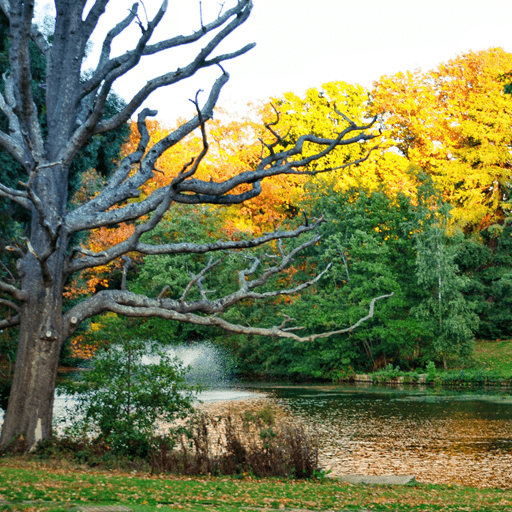Please note the below event has now passed and bookings are closed. We will be planning our activities for next year soon and will update this page accordingly.
Our Philosophy and History in Wivenhoe Park event is open to students in year 12, 13, and mature students, and we welcome bookings from school groups as well as individuals wishing to attend.
We are excited to offer a Taster Day Bursary for school groups attending this event!* School groups bringing 10 or more post-16 students can claim up to £150 towards their travel expenses.
*Please note, this offer is not available in conjunction with the Schools Membership travel bursary.
Event Programme:
| Time |
Activity |
| 09:30 |
Arrivals |
| 09:45 - 10:00 |
Welcome and Introduction to
the School of Philosophical, Historical, and Interdisciplinary Studies
|
| 10:00 - 10:50 |
Keynote session - The History of Will, Professor Wayne Martin
What
does it mean to do something willingly? Or against one’s will? And
where did the idea of the will come from anyway? These are questions
worth pursuing for their own sake, but they also have an urgent policy
application in the struggle to secure respect for the human rights of persons
with disabilities — particularly cognitive and psychiatric disabilities.
We will use resources from philosophy, history, law, and disabilities studies to
think about the options for conceptualising the will and reinventing volitional
practices.
|
| 11:00 - 11:50 |
Taster session 1 |
| 11:50 - 12:30 |
Lunch
A light lunch will be provided
|
| 12:30 - 13:15 |
Campus Tour with a current student |
| 13:25 - 14:15 |
Taster session 2 |
| 14:15 - 14:30 |
Close and departures |
Examples of some of the taster sessions on offer:
News reporting in war-time: a case study of the Thirty Years War - Professor Alison Rowlands. This session will explore how the largest armed conflict in early modern Europe, the Thirty Years War (1618-1648), was represented and reported on in contemporary news reports and images. We will look at some examples of primary sources and images from the period to explore how they tried to influence public opinion about key military leaders and their actions. We will also look at emotive stories of war-time atrocities (such as alleged cannibalism) in order to explore whether or not they were ‘true’ and how they worked as examples of propaganda. We’ll conclude by thinking about whether anything we’ve learned can be applied to the media coverage of other historical conflicts and atrocities. NB: You don’t need to know anything about the Thirty Years War to take part; the session leader will provide essential background information.
Could something unethical ever be the right thing to do? - Dr Dan Watts. In 1891, Paul Gauguin abandoned his wife and family to travel to French Polynesia to pursue his interests as an artist. According to a story in the Bible that is important to the major monotheistic religions, Abraham showed his obedience to God by setting out for Mount Moriah where he expected to sacrifice Isaac, his own beloved son. These seem to be cases in which individuals value something higher than their ethical obligations: in one case, their artistic creativity; in the other, their religious devotion. But could it ever really be justified for a person to override their ethical duties for the sake of some higher end?
The long view: migration to Britain from the 'asylum of nations' to 'stop the boats' - Professor Alix Green. ‘No border. No control’ was the strapline on one of UKIP’s Brexit campaign posters. But, in 1853, the very lack of border controls was celebrated by the solidly establishment newspaper, The Times, as Britain’s proudest achievement: ‘this country is the asylum of nations, and it will defend the asylum to the last ounce of its treasure , and the last drop of its blood’. This session looks at the historical moment in the late 19th and early 20th century when the idea of Britain as a refuge for the world started to shift. Pseudo-scientific ideas about racial difference were mobilised to create an image of a ‘pure’ country under threat from migration, particularly of Irish and Jewish people. We’ll look at the Aliens Act of 1905, the beginning of modern border control, and then at how controls were ratcheted up after the Second World War to increasingly exclude people on the basis of colour – culminating in the Windrush scandal and ‘stop the boats’. The aim of taking this ‘long view’ is to show how important history is to understanding present-day politics and society.
Please do get in touch with us if you have any questions about the event in the meantime, we'd love to hear from you.





